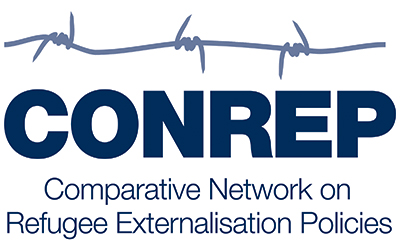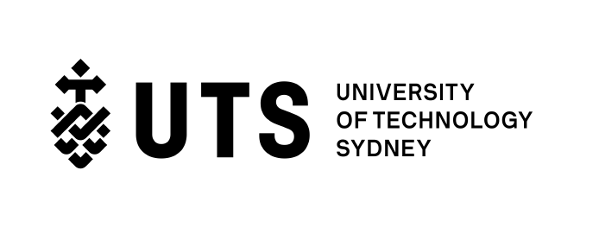Resistance, Asylum and the Medical Border
Join a panel of prominent refugee advocates, health experts and lawyers to discuss critical issues in the provision and denial of healthcare to refugees who continue to be subject to Australia’s offshore detention and temporary visa regime. The re-introduction of offshore detention in 2012 has caused a ‘looming humanitarian emergency’ (UNHCR) and an unprecedented mental health crisis among refugees on Papua New Guinea and Nauru. While many people have since been transferred to Australia for medical reasons or resettled in the USA, refugees who remain on PNG and Nauru as well as refugees who are now in Australia continue to have drastically inadequate access to healthcare while enduring legal limbo, precarity and insecurity. There has however been strong advocacy in many quarters against these conditions, including in relation to the ongoing threat and reality posed by the COVID-19 global pandemic.
This panel will address the two interconnected themes of resistance and the medical border in the context of seeking asylum to examine how medical personnel, practices, knowledges and logics are enmeshed in the performance, function and ends of Australia’s violent border regime, yet have also been used to prompt new forms of care and resistance across borders. The event will be an opportunity for scholars, advocates and an interested public to discuss how the provision and denial of healthcare to refugees by Australia amounts to border violence, and signals new ways of externalising responsibility for refugee protection.
Convenors
Dr Claire Loughnan (Criminology, University of Melbourne) and Dr Sara Dehm (Law, University of Technology Sydney)
Speakers
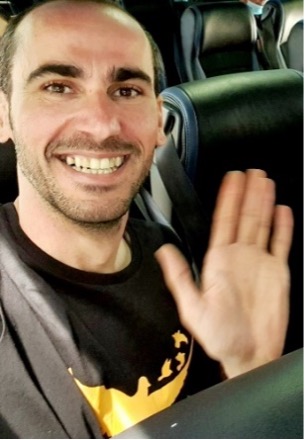 Moustafa (‘Moz’) Azimitabar is a Kurdish refugee who fled persecution in Iran, and sought refugee protection in Australia. He arrived by boat at Christmas Island and was sent to Manus Island offshore processing centre in 2013. He remained there until late 2019, when he was evacuated under the ‘Medevac’ Laws, and was locked up in the Mantra Bell hotel detention for 13 months and in the Park Rydges Hotel for 2 months. Moz has directly experienced the harmful effects on his health of prolonged detention and of the failure to receive adequate medical care
Moustafa (‘Moz’) Azimitabar is a Kurdish refugee who fled persecution in Iran, and sought refugee protection in Australia. He arrived by boat at Christmas Island and was sent to Manus Island offshore processing centre in 2013. He remained there until late 2019, when he was evacuated under the ‘Medevac’ Laws, and was locked up in the Mantra Bell hotel detention for 13 months and in the Park Rydges Hotel for 2 months. Moz has directly experienced the harmful effects on his health of prolonged detention and of the failure to receive adequate medical care
Twitter: @AzimiMoz
Barri Phatarfod is the founder and president of Doctors for Refugees, a network of over 700 Australi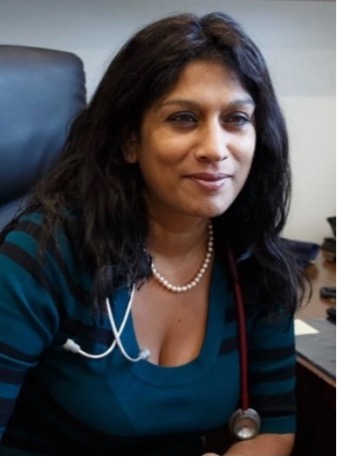 an health professionals with the goal of addressing the abuse and neglect of asylum seekers and refugees in immigration detention and helping them to access quality medical care, both in Australia and offshore. In 2017, Amnesty International Australia recognised her as one of Australia’s top human rights champions. Dr Phatarfod has over 30 years of experience as a GP in Sydney and rural NSW
an health professionals with the goal of addressing the abuse and neglect of asylum seekers and refugees in immigration detention and helping them to access quality medical care, both in Australia and offshore. In 2017, Amnesty International Australia recognised her as one of Australia’s top human rights champions. Dr Phatarfod has over 30 years of experience as a GP in Sydney and rural NSW
Twitter: @Drs4Refugees
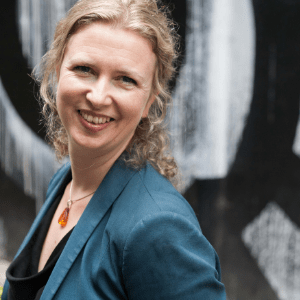 Anna Talbot is a Senior Solicitor and Legal Practice Manager at the National Justice Project and has run many cases in the Federal Court to force the Minister to provide essential health care to refugees, some of whom have been close to death. She is a human rights law expert and was a Legal and Policy Adviser for the Australian Lawyers Alliance
Anna Talbot is a Senior Solicitor and Legal Practice Manager at the National Justice Project and has run many cases in the Federal Court to force the Minister to provide essential health care to refugees, some of whom have been close to death. She is a human rights law expert and was a Legal and Policy Adviser for the Australian Lawyers Alliance
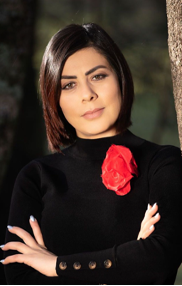 Saba Vasefi is a multi-award winning journalist, academic, documentary filmmaker and poet. Saba has recently submitted her PhD in Accented (exilic) Feminist Cinema and completed her postgraduate degree in Directing Documentary in AFTRS. She teaches at Macquarie University, and writes for The Guardian on the rhetoric of displacement and the narrative of refugees incarcerated in the Australian detention regime
Saba Vasefi is a multi-award winning journalist, academic, documentary filmmaker and poet. Saba has recently submitted her PhD in Accented (exilic) Feminist Cinema and completed her postgraduate degree in Directing Documentary in AFTRS. She teaches at Macquarie University, and writes for The Guardian on the rhetoric of displacement and the narrative of refugees incarcerated in the Australian detention regime
Twitter: @SabaVasefi
Event details
Date: Thursday 27 May 2021
Time: 6pm-7.45pm (AET)
Contact: Dr Claire Loughnan
The event will be hosted by the Comparative Network on Refugee Externalisation Policies (CONREP), funded by the Jean Monnet Erasmus+ Network
Artwork by Mahmoud Salameh, a Palestinian-Australian cartoonist, animation film-maker and graphic artist, who was in Australian immigration detention for 17 months
